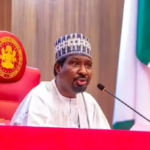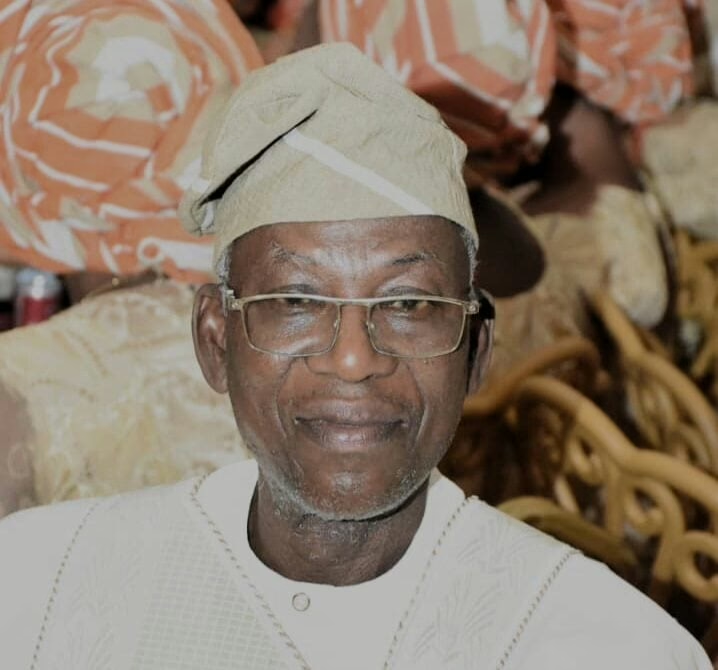Adisa Bolanta, a former Assistant Inspector General of Police (AIG), has expressed strong opposition to the push for the creation of state police forces in Nigeria.
Speaking from Ilorin, the capital of Kwara State, Bolanta cautioned that introducing state police could lead to significant problems rather than solutions.
He suggested that the advocates for decentralizing policing structures are motivated more by self-interest than genuine reform.
According to Bolanta, the challenges facing Nigeria’s policing system are not rooted in its centralized framework but stem from chronic underfunding, insufficient resources, and excessive political meddling.
Having held key positions such as Commissioner of Police in Oyo, Sokoto, Kebbi, and Imo States, as well as Commandant of the Police Academy in Kano, Bolanta emphasized that the path forward involves adequately financing and reforming the current federal police system while strengthening community policing initiatives.
“In my view, establishing state police is a dangerous move. The problem with the Nigeria Police Force isn’t its centralized structure. Instead, it’s the intentional lack of funds, political interference, and poor motivation that have led to its underperformance,” he explained.
Reflecting on his experience managing security in some of Nigeria’s most challenging regions, Bolanta questioned the true intentions behind the calls for state police.
He argued, “Drawing parallels between Nigeria and countries like the United States or the United Kingdom is misleading. Those nations have politically aware citizens and robust legal systems that hold everyone accountable, regardless of their status.”
Bolanta also challenged the belief that state governments are better equipped financially to support police forces, highlighting that many states depend heavily on federal allocations and often struggle to meet basic obligations such as paying salaries.
He insisted that placing the responsibility of funding complex security agencies on these states would be unrealistic and counterproductive.
Furthermore, Bolanta pointed out that in most states, nearly 70 percent of police officers are locals, indicating that local representation is not the root issue in Nigeria’s policing challenges.
Rather than creating an additional policing layer, he advocated for a renewed focus on ensuring sufficient funding and improving logistics within the existing federal police framework.
“When I was first posted in 1982 to Ekpoma Police Station in the former Bendel State, the station operated with two Land Rovers for patrols and a lorry to transport personnel. Monthly allocations for fuel, diesel, and office supplies were consistent, which supported effective operations,” Bolanta recalled.
He added, “The resources you provide determine the results you get. If you give little, you should expect little. That’s the reality of security in Nigeria.”
Bolanta also clarified misconceptions about community policing, explaining, “Community policing is a strategy that involves engaging the public in security efforts. It doesn’t mean arming civilians or having them wear uniforms, but rather ensuring they understand and contribute to the security process.”
Addressing the broader insecurity issues nationwide, Bolanta stressed that maintaining safety is a collective responsibility. He urged citizens to collaborate with law enforcement by sharing timely information and encouraged young people to dress appropriately to avoid unnecessary confrontations with security personnel.

















